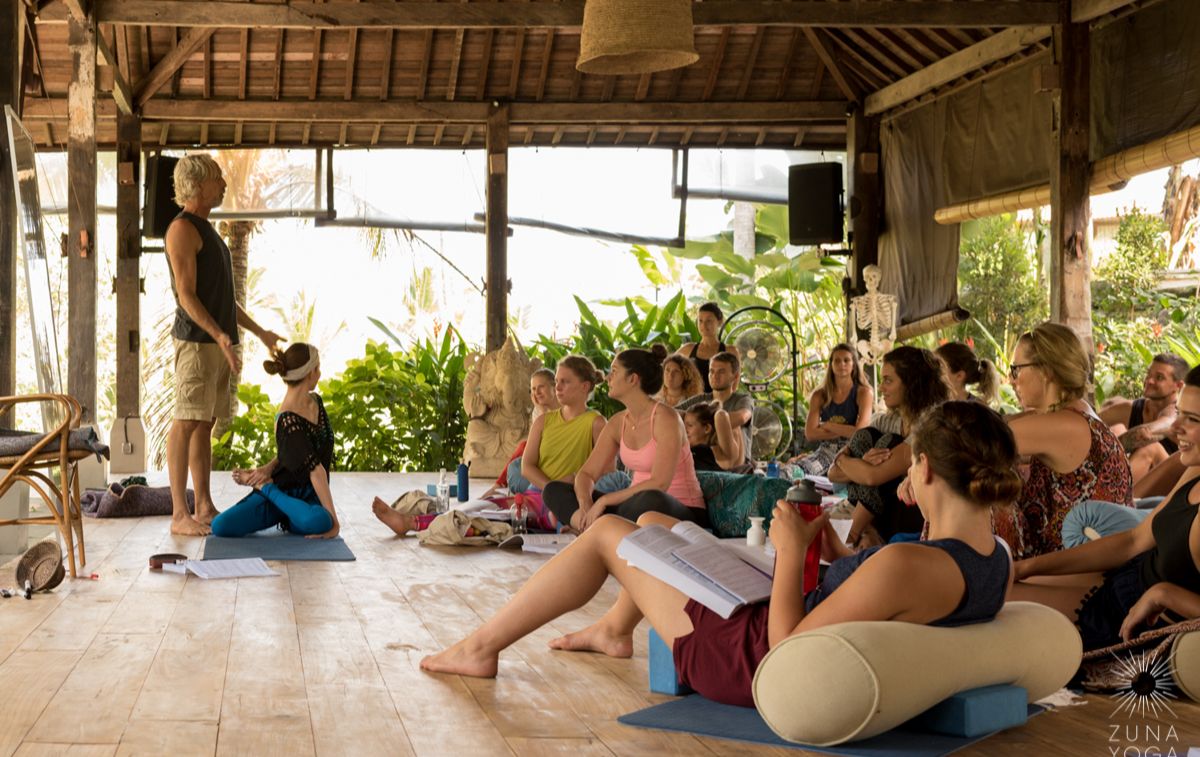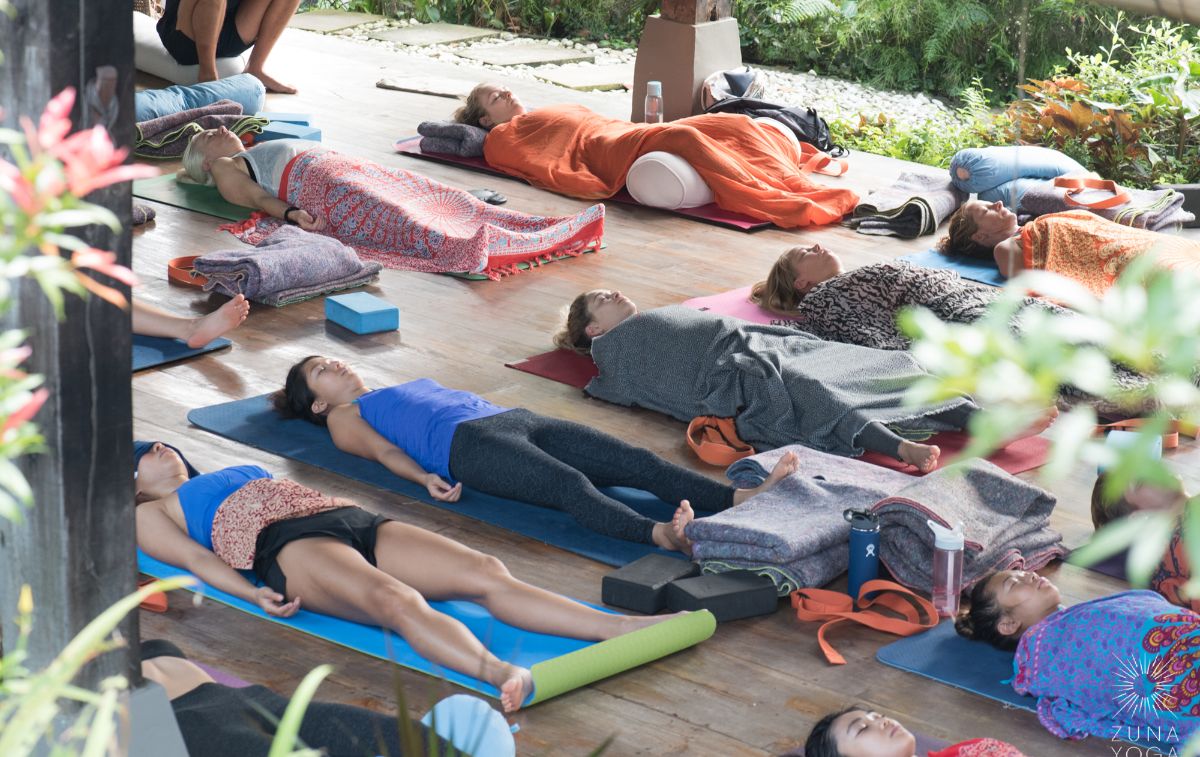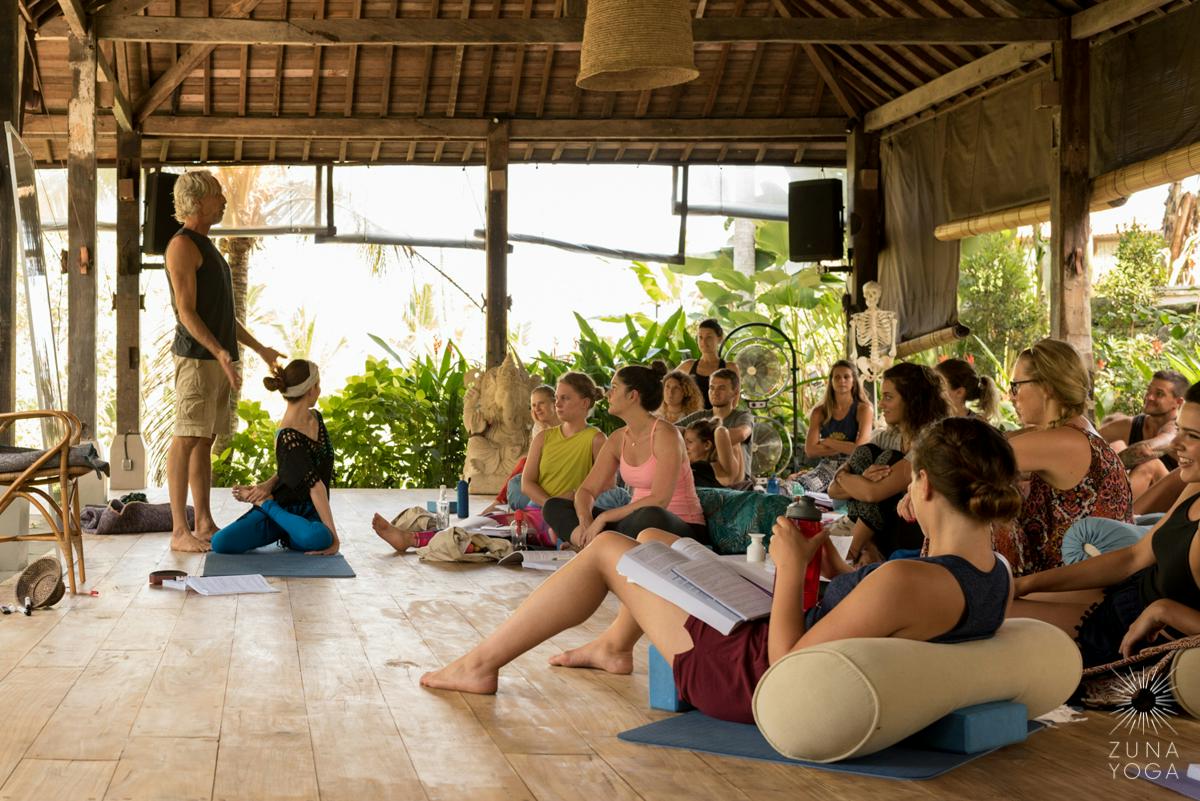Yoga Nidra, a practice often referred to as “yogic sleep,” is gaining recognition as a powerful tool for emotional restoration and personal growth. This ancient yogic technique offers a unique and transformative approach to healing the mind and body, unlocking a world of benefits that contribute to overall well-being.
Exploring the Power of Yoga Nidra: Benefits for Body and Mind
Yoga Nidra, also known as yogic sleep, is a powerful practice that offers numerous benefits for both the body and mind. This practice involves laying in a comfortable position and following a guided meditation, allowing the individual to enter a state of deep relaxation and conscious sleep.
One of the most significant benefits of Yoga Nidra is its ability to reduce stress. By activating the body’s relaxation response, this practice helps to calm the nervous system and release tension from the body. As a result, stress levels are lowered, and individuals experience a sense of peace and tranquility.
Another notable benefit of Yoga Nidra is its impact on sleep quality. Many individuals struggle with insomnia or poor sleep patterns, which can have detrimental effects on their overall well-being. By practicing Yoga Nidra, individuals are better able to slow their sympathetic nervous system and enter a state of deep relaxation that promotes improved sleep. This practice helps to release physical and mental tension, allowing individuals to fall asleep more easily and experience a more restful sleep.
Moreover, Yoga Nidra can enhance focus and concentration. As the mind becomes more calm and centered during this practice, individuals develop a greater ability to stay present and focused in their daily lives. This improved cognitive function can have a positive impact on work productivity, academic performance, and overall mental clarity.
Overall, Yoga Nidra is a transformative practice that promotes deep relaxation, reduces stress, improves sleep quality, and enhances focus and concentration. By incorporating this practice into their routine, individuals can experience profound benefits for their body and mind, ultimately fostering overall well-being.
Unraveling the Science of Yogic Sleep: Yoga Nidra for Deep Rest
Yogic sleep, also known as Yoga Nidra, is an ancient practice that offers a profound level of deep rest and relaxation. Unlike traditional sleep, Yoga Nidra is a guided relaxation technique that induces a state of conscious sleep while remaining fully aware. It allows the body and mind to rest deeply and restore themselves.
The science behind Yoga Nidra is fascinating. As individuals enter a state of deep relaxation, the brainwaves shift from the active beta state to the slower alpha and theta states. This shift activates the body’s relaxation response, lowering stress levels and promoting a sense of calm and tranquility.
One of the key benefits of Yoga Nidra is its ability to reduce stress. By activating the relaxation response, it helps release tension from the body and calm the nervous system. This practice has been shown to decrease cortisol levels, which are often elevated during times of chronic stress.
Moreover, Yoga Nidra improves sleep quality. By practicing this guided meditation technique, individuals slow their sympathetic nervous system and enter a state of deep relaxation that promotes a more restful sleep. It helps release physical and mental tension, allowing you to fall asleep more easily and experience enhanced sleep duration and quality.
Beyond stress reduction and improved sleep, Yoga Nidra also enhances overall well-being. It has been found to improve focus and concentration, boost immune function, and alleviate anxiety and depression.
Incorporating Yoga Nidra into your daily routine can bring profound benefits for deep rest and rejuvenation. Whether you seek relaxation, stress reduction, or improved sleep, Yoga Nidra offers a scientifically supported path to nurture your body and mind.

The Healing Power of Yoga: Emotional Restoration and Growth
Yoga possesses a remarkable healing power when it comes to emotional restoration and growth. Through a combination of physical postures, breathwork, and mindfulness practices, yoga provides a holistic approach to releasing tension, reducing stress, and improving emotional well-being.
The practice of yoga offers a safe space for individuals to explore and process their emotions. Yoga postures, known as asanas, help release physical tension that may be held in the body, allowing for the release of emotional energy as well. By flowing through different poses, individuals can stretch and strengthen their muscles, which in turn can release emotional blockages and promote a sense of openness and freedom.
Breathing techniques, such as deep belly breathing and alternate nostril breathing, have a direct impact on the nervous system. These practices activate the parasympathetic nervous system, also known as the “rest and digest” response, which helps reduce stress and promote relaxation. By consciously focusing on the breath during yoga practice, individuals can cultivate a sense of calm and stability, allowing them to process and heal from emotional trauma.
Mindfulness practices, which involve bringing present moment awareness to thoughts, feelings, and bodily sensations, enable individuals to develop a non-judgmental and compassionate relationship with their emotions. By observing and accepting their emotions without resistance, individuals can begin to understand and integrate their experiences more fully. This leads to emotional growth, resilience, and a greater sense of self-awareness.
In summary, yoga’s healing power lies in its ability to release tension, reduce stress, and create a supportive environment for emotional restoration and growth. Through the practice of yoga postures, breathing techniques, and mindfulness practices, individuals can support their emotional well-being and navigate the path to healing.Through Zuna Yoga’s intelligently designed yoga teacher trainings, you’ll develop the skills and teaching methodology needed to effectively lead and share in group classes, private sessions, corporate programs and workshops, as well as other ways to serve your community as a leader. Our curriculum takes you far beyond the physical practice, into energetics, the subtle body, meditation, and real-life applications of ancient philosophy.






